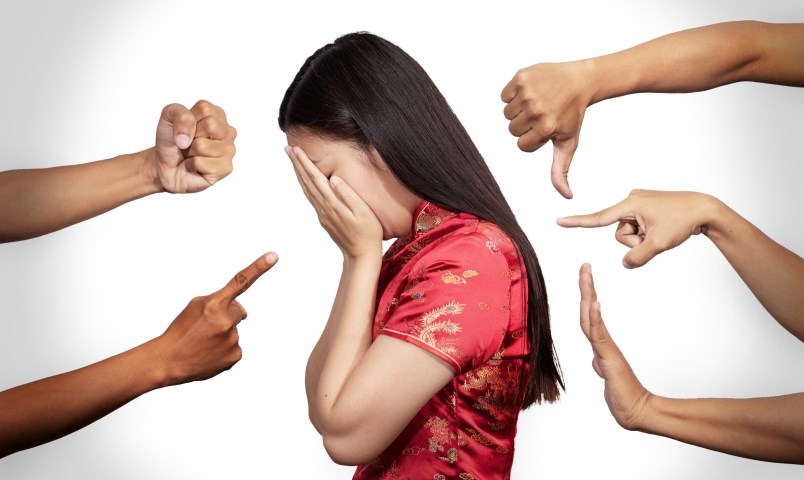By Patara McKeen
Can a pandemic be racist? With the election of Joe Biden in the United States, Canadians will now reflect on the past four years of Donald Trump – let’s hope he decides to leave peacefully. A year like no other. Today, issues of racial inequality are at an all-time high, in Vancouver, it’s no different. Just last week, a police department report on anti-Asian hate crime described a rise of 878% compared to 2019.
The old adage is “statistics don’t lie.” This is just one instance in the increase of anti-Asian sentiment spreading across North America. In 2020 alone, New York created an NYPD Asian Hate Task Force after the spike in attacks related to COVID-19, the Toronto Police Service described an increase in hate-motivated compared to 2019, and, earlier this year, Trump led calls on the “China virus” and “Chinese flu.”
Okay, people. It’s time to sit down and listen. The pandemic is racist. Yes, as people interact on the streets, colleagues, neighbours, friends, and family, it feels like this crisis has been a calling card for disgruntled citizens to foment racist ideas and practices. Of course, this is nothing new in Canadian history. It was just a little over 100 years ago that Chinese Canadians had to pay a head tax to immigrate to Canada, and lurid stories, such as the novel The Black Candle, about the goings-on of white women and ‘Chinamen’ in the alleys of Chinatown in Vancouver. In fact, Canada has had a problem with Asian immigration for some time.
As a researcher at the University of British Columbia, I have spent most of the pandemic in the archives. Investigating the 1907 anti-Asian riots in Vancouver bears a lot of similarity to the current hysteria against Asian Canadians. The economy, back then, was an issue too, and it was white labourers and the Asiatic Exclusion League that took these issues to the streets. In violent acts, they laid destruction on Asian property, in Chinatown and Japantown. Without recourse, Asians resisted against the struggle of the label “Oriental peril” by protecting their homes with firearms.
Back then, a Mr. Blake stated, “the Chinese do not become real citizens of the country. They do not become Canadians. They do not intermingle with our people. They do not accept our civilization.” Today, this hate seems to be no different. On Monday, the Vancouver Police Department “noticed some concerning trends” in the violence carried out against Asians. As well, compared to other regions, British Columbia has been the focal point for reports and incidences of anti-Asian violence. Included in these crimes are slurs or assaults. An Asian Canadian woman I spoke with described an incident of “being followed and harassed while being called derogatory words in a supermarket.”
Now, the worry is how long will this continue? It’s hard to tell, this year being the anomaly it is.
To continue down this path, Canadians need to be prepared to face the facts and start to address the systemic issues that plague society, across differences in race, class, and gender. The opioid crisis. Police brutality. These are all concerns that many are still searching for answers to.
Despite this pandemic and COVID-19, there is still hope. The election of Biden demonstrates that the United States holds some semblance of sensibility. On the weekend, vice president-elect Kamala Harris tweeted, “@JoeBiden centered unity at the heart of our campaign. He pledged to fight to restore the soul of our nation and bring us together. That’s the kind of leader he is–and the kind of president he will be.”
Let’s hope this rubs off on Vancouverites up North.
Patara McKeen, a researcher at the University of British Columbia and SSHRC funded scholar, is the author of the article “Locating citizenship,” and explores issues of race, class, gender, sexuality, and nation.



